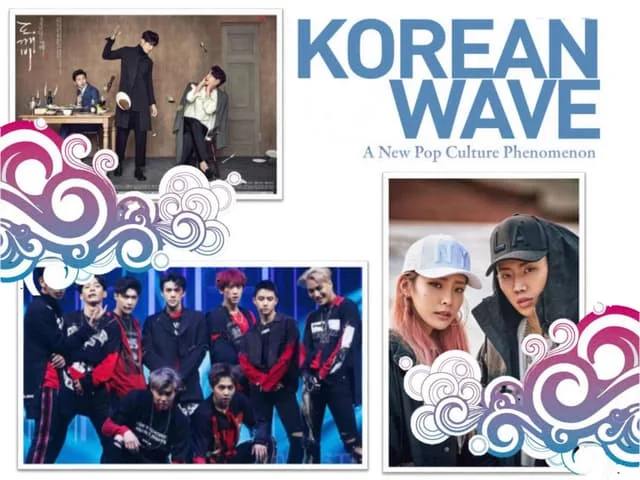By Jolma Debbarma

The Korean Wave, also known as Hallyu, has surged across the globe, captivating the hearts of young people worldwide. From the mesmerizing allure of K-pop music and gripping K-dramas to the cutting-edge fashion and beauty trends, Korean culture has transcended geographical boundaries and found its way into the lives of countless youths. This cultural exchange has brought about positive effects, such as stress relief, inspiration, and skill development, but it is also essential to recognize and address the potential drawbacks that come with its influence.
K-pop, with its infectious beats, dazzling performances, and visually stunning music videos, has emerged as a dominant force in the global music industry. Groups like BTS, Blackpink, Exo, and others have amassed massive followings on social media, connecting with fans from diverse backgrounds. One can witness the profound impact of K-pop on a young individual from Tripura, India, who finds solace and motivation in the empowering lyrics of a BTS or a Blackpink song, using the music as a source of strength to overcome the challenges of daily life. This positive influence of K-pop on mental well-being and self-expression is a testament to the power of Korean culture in shaping and supporting the lives of young people.
Beyond music, Korean entertainment has extended its reach into fashion and lifestyle choices. The fashion sense of favourite K-pop idols has become a major influence on youths worldwide, including those in Tripura. Young people are inspired by the unique and trendsetting styles of their favourite idols, adopting similar fashion choices and creating their own distinctive trends. This cultural exchange fosters a sense of connection with global communities and encourages creativity and self-expression among the youth.
However, it is vital to acknowledge that extensive engagement with Korean popular culture can also lead to potential negative consequences. As young individuals immerse themselves in Korean media, there may be a growing disconnect from their local cultures and communities. This disconnection could result in a limited appreciation for their own heritage and traditions. For example, a teenager from Tripura might find it challenging to relate to the experiences portrayed in Korean dramas, leading to a sense of detachment from their own cultural roots.
Moreover, the widespread influence of Korean culture may lead to acculturation among communities. While cultural fusion can be enriching, it is essential for young people to strike a balance between embracing diversity and preserving their cultural distinctiveness. Encouraging the youth of Tripura to appreciate and understand Korean culture while maintaining a strong connection to their own rich heritage is crucial for nurturing a sense of identity and pride in their roots.
To achieve this balance, schools and educational institutions in Tripura could incorporate elements of Korean culture into their curriculum as part of cultural exchange programs. By exposing students to different cultural perspectives, fostering respect and appreciation for various expressions of culture, young people can broaden their horizons and develop a more open-minded outlook on the world.
In conclusion, the Korean Wave’s influence on global youth is undoubtedly a double-edged sword. It brings forth positive effects such as stress relief, inspiration, and skill development, while also presenting challenges related to potential social disconnection and acculturation. The youth of Tripura and beyond should embrace the richness of cultural diversity while cherishing and maintaining a strong connection to their own cultural heritage. By doing so, they can build a more enriched and interconnected global society that celebrates mutual respect and understanding across borders and cultural boundaries.
Jolma Debbarma is Psychology Major Student from Delhi University.
See Insights and Ads
All reac
